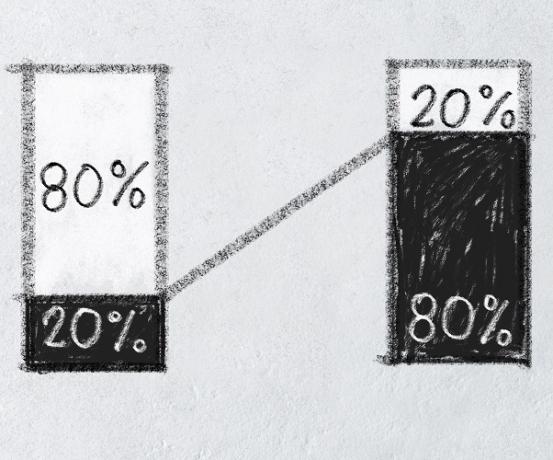Desertification is considered a major environmental problem, a consequence of soil impoverishment.
This process happens when a certain soil becomes arid, that is, it becomes dry, with less moisture and nutrients. As a result, desertified soil is completely unproductive for agriculture.
The places that most experience desertification are areas arid, sub-humid and semiarid, like the Brazilian caatinga.
One of the main characteristics that are present in a desertified soil is the type of vegetation. While some do not have any type of plant due to severe impoverishment, others have vegetation that resists low humidity, such as xerophylls.
 Cactus: a type of xerophilic vegetation that supports soils with low moisture.
Cactus: a type of xerophilic vegetation that supports soils with low moisture.
causes of desertification
There are two main causes responsible for the process of desertification in the soil: natural or climatic and anthropogenic.
- Natural or climatic cause: is one that happens due to climate change, such as global warming. With the climate increasingly drier, the soil dries up and becomes unsuitable for agriculture;
- anthropic cause: is one that happens due to the actions of men, such as excessive and incorrect use of the soil for agriculture, intense rural productivity, in addition to deforestation and fires.
Desertification in Brazil
In Brazil, the desertification process takes place mainly in degraded areas, with an arid and sub-humid climate.
One of the places most affected by desertification in the country is the northeastern hinterland, in the caatinga. A large part of this area is committed to this process of soil impoverishment, a consequence of inadequate agricultural practices that do not preserve the region.
 Brazilian Caatinga, northeastern hinterland.
Brazilian Caatinga, northeastern hinterland.
In addition to the northeast, some areas in the southeast, such as the state of Minas Gerais, also suffer from this environmental problem, which has taken place with great progress.
In an attempt to contain the consequences of desertification, the Federal Government created PAN-Brazil: National Action Plan to Combat Desertification. The project aims to alleviate the effects of the drought and help local residents and farmers, who are affected by this process of soil impoverishment.
consequences of desertification
Desertification is considered a major environmental problem due to its negative effects on the economy, society and climate of the affected areas. See the main consequences of this process:
- The soil becomes unproductive for any kind of agricultural process;
- When the land becomes unproductive, it ends up impacting the local economy. Residents of the region lose space for planting food, which causes unemployment;
- It allows the population to leave the rural area for the urban environment in search of new opportunities;
- In many places, such as on the African continent, desertification can cause hunger due to a decline in agriculture;
- Big disputes for arable land;
- Prolongation of drought;
- Increased amount of salts in the soil, which leads to the salinization process.
See also the meaning of:
- Global warming;
- Climate changes.

